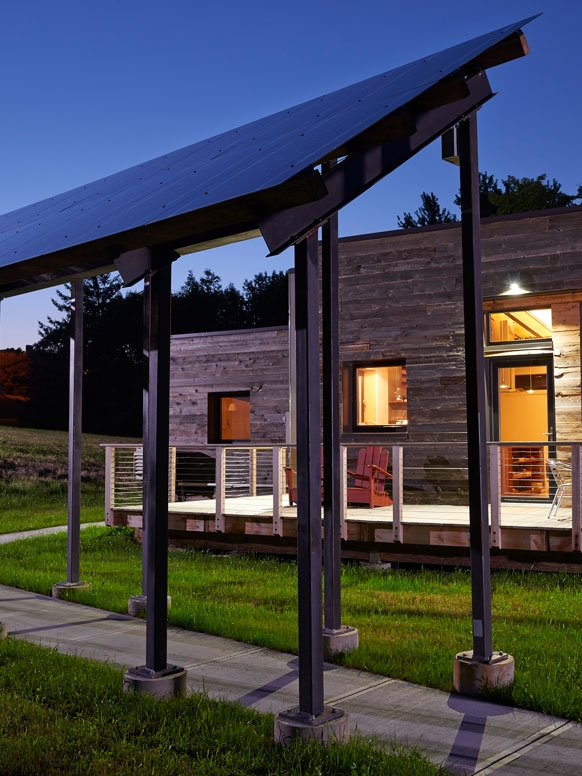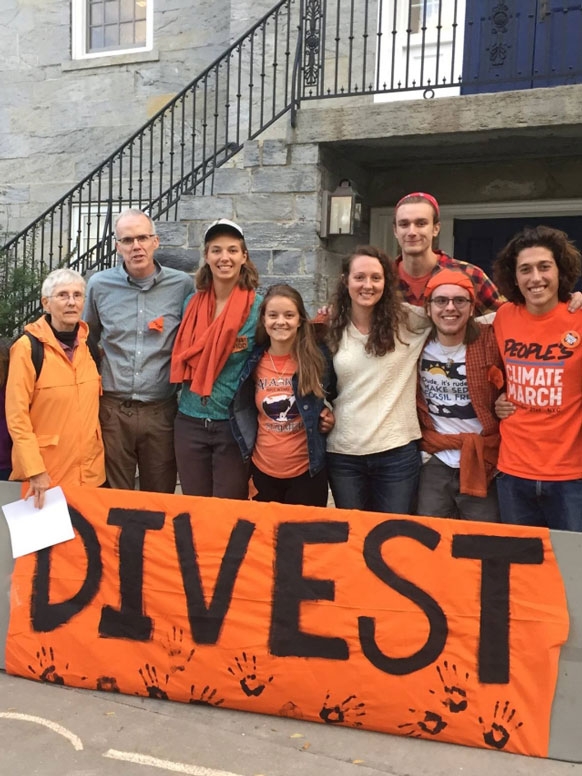

Energy2028 strives toward a Middlebury campus fueled entirely by locally produced renewable energy—less energy, used more efficiently—and an institutional endowment that thrives without fossil-fuel investments.
Since our launch in 2019, we have seen the intense effort of so many people in this community who are working to make its goals a reality, and who continue this effort every day—in classrooms, across our campuses, and beyond.
As we continue to work towards our goals, we encourage you to find out what’s happening and get involved!
Find out what's happening!
Latest Snapshot
Here’s a quick look at our conservation and efficiency projects spanning 2007 to 2024:
Get Involved!

The climate crisis affects us all—and we all can be part of the solution! Explore some of the actions that you can take to feel empowered, make a difference, and contribute to achieving the Energy2028 goals.
Latest News
More newsLocal Vermont author explores motherhood, climate in spiritually rooted debut novel
In her book “Mother, Creature, Kin,” local Rochester, Vt. author Chelsea Steinauer-Scudder weaves threads of motherhood, ecology, and spirituality together to explore what it means to raise a child in a world facing profound environmental and existential challenges. On April 8, Steinauer-Scudder visited the Ilsley Public Library to read and discuss the book.
Solar Array Moves Middlebury College Closer to 100 Percent Renewable Energy Goal
Representatives from Middlebury College, Encore Renewable Energy, and Greenbacker Renewable Energy Company came together October 24 for a ribbon cutting event celebrating the activation of a five-megawatt solar array that provides the College with 40 percent of its total electricity.
Middlebury divestment campaigns are a marathon, not a sprint
Last spring, with the support of concerned alumni like us, Middlebury students made their fourth major attempt since 1970 to persuade the college that its institutional investing should reflect concerns about issues such as peace, human rights, environmental justice and corporate social responsibility.




